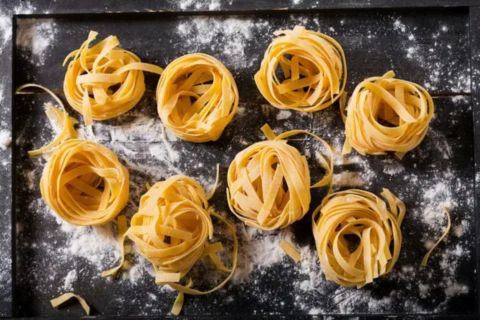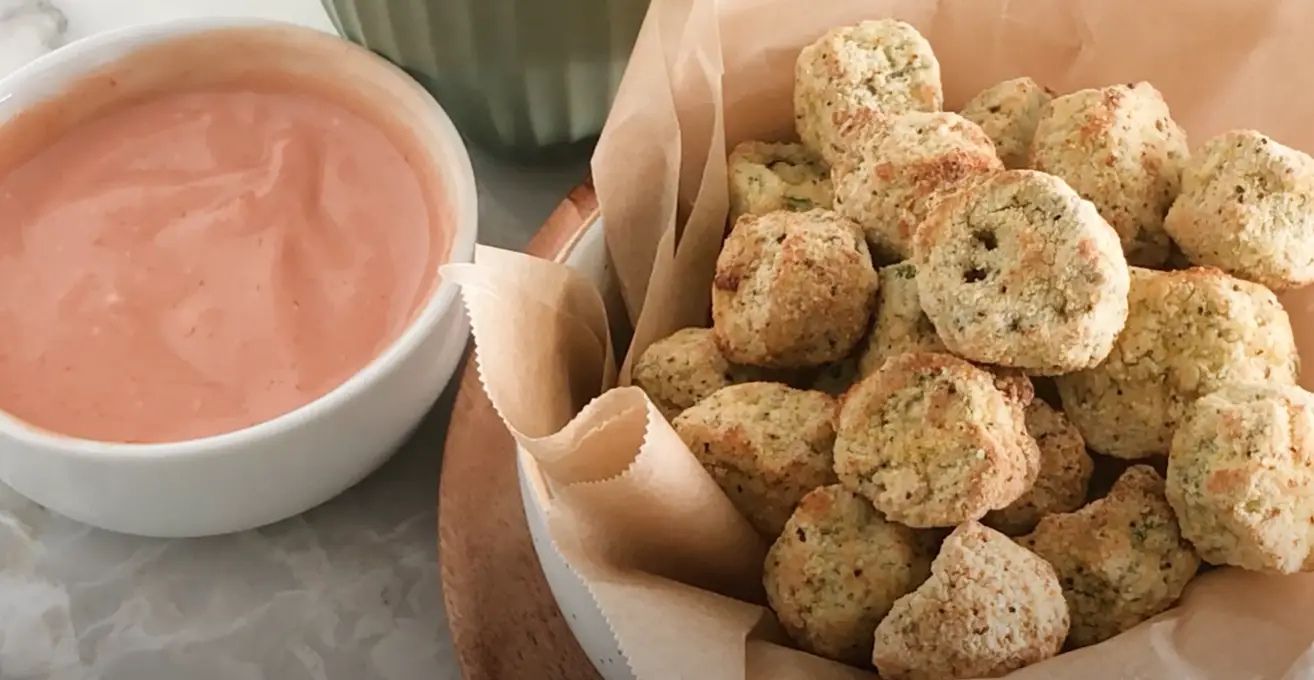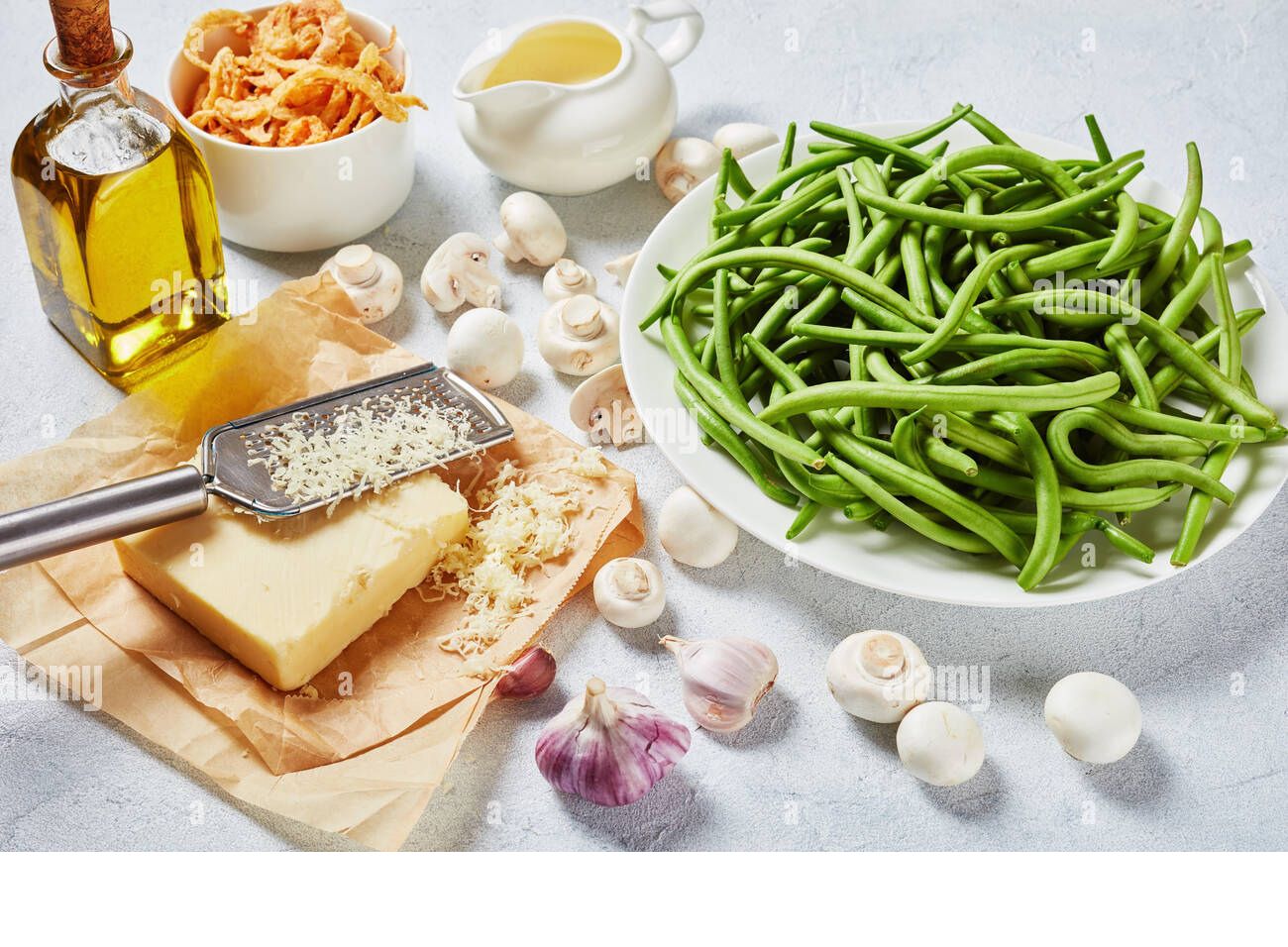Cooking frozen fresh pasta made simple. Step-by-step methods for boiling, reheating, and storing without compromising taste.
Introduction – Why Frozen Fresh Pasta is a Game Changer
Frozen fresh pasta is a convenient, time-saving solution for busy cooks who don’t want to compromise on flavor. Unlike dried pasta, it retains a tender texture and fresh taste, making it perfect for quick weeknight meals or impressive dinners.
Learning how to cook frozen fresh pasta properly ensures it stays al dente and flavorful. Available year-round, it eliminates the need to rely on fresh pasta in season. With simple techniques and attention to cooking times, frozen fresh pasta can rival homemade pasta in taste and texture.
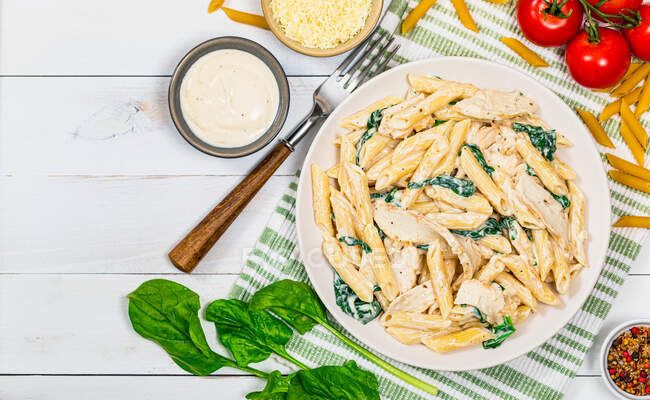
How to Cook Frozen Fresh Pasta Directly from the Freezer
| Step | Action | Details / Tips |
|---|---|---|
| 1 | Boil Water | Fill a large pot with water and salt generously. Bring to a rolling boil. |
| 2 | Add Pasta | Drop frozen fresh pasta directly into the boiling water—no thawing needed. |
| 3 | Stir | Stir gently to prevent sticking and ensure even cooking. |
| 4 | Cooking Time | Cook 2–4 minutes longer than fresh pasta, depending on shape and thickness. |
| 5 | Avoid Overcrowding | Cook in batches if needed to maintain texture and al dente consistency. |
| 6 | Test & Drain | Check for tender, al dente pasta, then drain immediately and serve. |
Cooking Different Types of Frozen Fresh Pasta
Different pasta shapes need slight adjustments when learning how to cook frozen fresh pasta. Nests can go directly into boiling water, stirred gently to prevent clumping. Flat or extruded pasta can be thawed in the fridge for 24 hours for more even cooking. Filled pasta like ravioli or tortellini cooks straight from frozen, retaining its stuffing and texture. Always monitor cooking times based on shape to keep pasta tender, flavorful, and al dente.
Enhancing Flavor – Seasoning & Saucing Tips
To make frozen fresh pasta taste exceptional, focus on seasoning and sauce. Always salt the boiling water generously for deeper flavor. Toss pasta directly into your sauce instead of draining completely to retain starch and improve coating. Add olive oil, butter, garlic, fresh herbs, and grated cheese for richness. Adjust seasoning after cooking to preserve al dente texture. Simple touches like a squeeze of lemon or a dash of red pepper flakes elevate frozen pasta into a vibrant, flavorful dish.
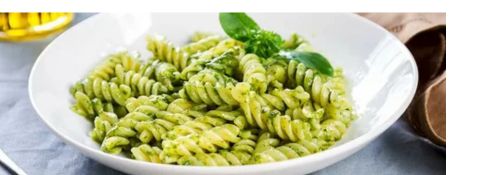
Storing and Reheating Frozen Fresh Pasta
Proper storage preserves the quality of cooked frozen fresh pasta. Place leftovers in airtight containers or freezer bags, labeling with the date and type of pasta. Use within 1–2 months for optimal flavor and texture.
To reheat, gently warm in a skillet with a splash of water, microwave briefly, or toss in boiling water for a minute. These methods maintain the al dente texture and prevent pasta from becoming mushy while preserving its fresh, flavorful taste.
Common Mistakes to Avoid When Cooking Frozen Fresh Pasta
| Common Mistakes | Tips to Avoid |
|---|---|
| Overcrowding the pot | Cook in batches to ensure even cooking and maintain al dente texture. |
| Unnecessary thawing | Cook pasta directly from frozen to prevent mushy noodles. |
| Rinsing after draining | Avoid rinsing; the starch helps sauces adhere better. |
| Incorrect cooking time | Adjust based on pasta shape and thickness for perfect results. |
| Ignoring seasoning | Always salt boiling water to enhance flavor. |
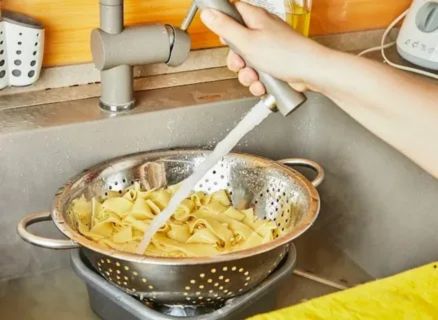
FAQs
How do I enhance the flavor of frozen pasta?
Toss with sauce, butter, olive oil, fresh herbs, and cheese.
Do I need to thaw frozen fresh pasta before cooking?
No, most frozen fresh pasta cooks perfectly straight from the freezer.
How long should I cook frozen fresh pasta?
Usually 2–4 minutes longer than fresh pasta, depending on shape.
Can I cook stuffed pasta from frozen?
Yes, ravioli and tortellini can go directly into boiling water.
How should I store leftover cooked pasta?
Use airtight containers in the fridge for 3–4 days or freeze for 1–2 months.

Eman is the creative force behind Learn to Cook, a culinary platform designed to make cooking simple, inspiring, and enjoyable for everyone. Her journey began more than a decade ago in her childhood kitchen, where she discovered how food could bring people together.
With a Diploma in Culinary Arts and 10+ years of hands-on experience, Eman has trained in five professional kitchens and experimented with 50+ unique recipes across diverse cuisines. Her expertise lies in blending traditional flavors with modern techniques—turning everyday ingredients into extraordinary dishes.
On Learn to Cook, she shares practical cooking tips, step-by-step guides, and tried-and-tested recipes that empower home cooks to build confidence in the kitchen. For Eman, cooking is not just about preparing meals—it’s about creating lasting memories, celebrating culture, and spreading joy through food.

